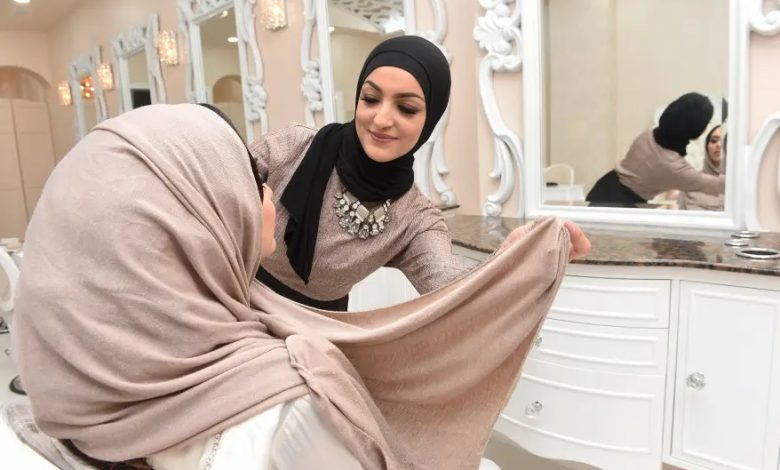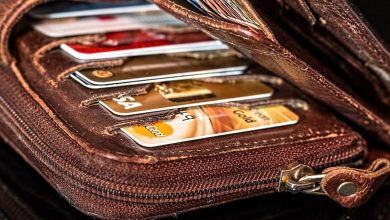Empowering Muslim Women in the U.S.: The Rise of Women-Only Hair Salons for Hijab Wearers
Specialized salons for Muslim women provide culturally sensitive hair care, fostering community, privacy, and professional opportunities.

In the United States, Muslim women who wear the hijab often face unique challenges when it comes to personal grooming and hair care. Cultural and religious norms require modesty, making conventional hair salons less accommodating for women who cannot expose their hair in public or around male stylists. This demand has created a growing niche for women-only hair salons and coiffeurs specializing in services for hijab-wearing clients.
These salons provide not only privacy and comfort but also professional expertise in hair care tailored to women who cover their hair daily. Stylists are trained to work with hair that has been under the hijab for long periods, focusing on maintaining scalp health, preventing breakage, and creating styles that are easy to manage under head coverings. Services often include scalp treatments, trims, conditioning, and specialized consultations on hair health.

Women-Only Salons: Community Hubs and Safe Spaces for Hijab-Wearing Women
Many women-only salons also serve as community hubs for Muslim women, offering workshops, networking opportunities, and spaces for mentorship. These establishments empower both the clients and the stylists, many of whom are Muslim women themselves, providing employment opportunities in culturally sensitive environments.
In cities with significant Muslim populations such as New York, Chicago, Detroit, and Los Angeles, these salons are thriving. They combine traditional beauty services with cultural understanding, respecting religious practices while addressing beauty and self-care needs. Some salons even provide home service appointments for clients who require extra privacy.
The rise of women-only coiffeurs highlights the intersection of entrepreneurship, cultural sensitivity, and faith-based services in the U.S. beauty industry. For many hijab-wearing women, these spaces are more than salons—they are safe havens where they can express self-care without compromising religious values.



